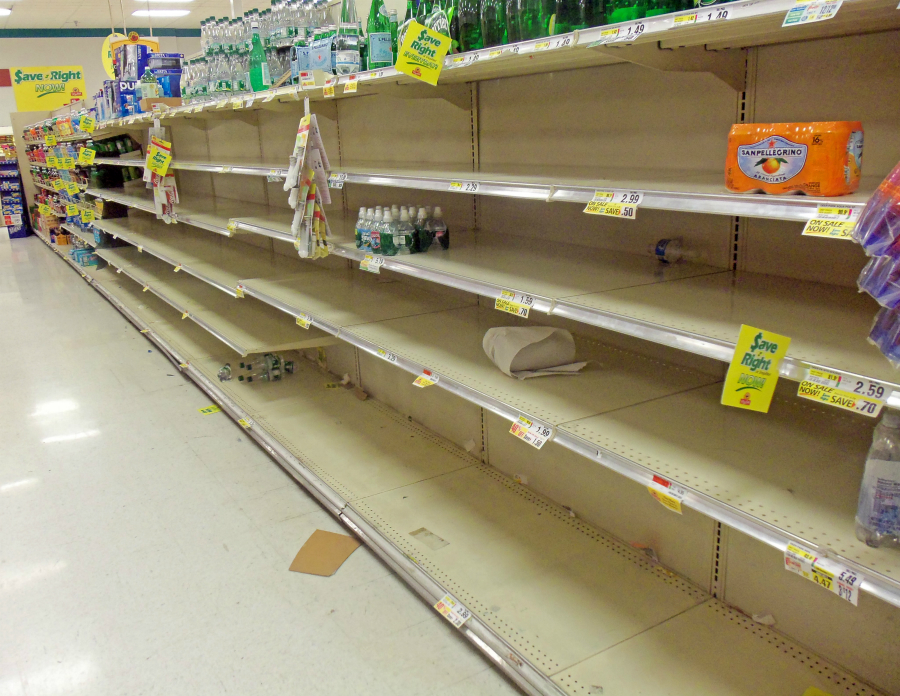Venezuelans turn to organic farming and natural and homemade products as economic collapse worsens
10/15/2015 / By Julie Wilson

As Venezuela’s economic crisis worsens, those with skills of self-reliance are fairing much better than those enslaved by government dependency. Currency restrictions enforced under a socialist regime, along with falling oil prices, have plunged the nation into economic despair, resulting in food shortages and vigilante justice as Venezuelans take matters into their own hands, punishing thieves with mob violence.
The crisis has resulted in Venezuelans being robbed of their most basic needs, including food, medicine and personal hygiene products. All essential products are limited, and their prices highly inflated, with a single box of condoms costing nearly $800.
Economics estimate that inflation has reached the triple digits, forcing Venezuelans to turn to homemade goods, with some even turning to capitalism and transforming their skills into a business with high demand.
A report by Reuters sheds light on how the economic meltdown is breeding entrepreneurship as Venezuelans turn to homemade goods:
From makeup to insect repellent, Venezuelans are looking to natural and homemade products in response to the chronic shortages resulting from a deepening economic crisis in the socialist-ruled country. …
Venezuelans with a knack for crafts and a flare for do-it-yourself projects are filling in the gaps with their own wares that they promote via the country’s viral social networks.
“This year I started production of cosmetics and have been making more and more as a result of the positive response,” said Mimi Ossorio, who sells organic skin products made from raw materials including essential oils, honey, and cocoa under the brand “Beauty Mimi.” …
Popular homemade substitutes for scarce personal hygiene products now include cloves mixed with alcohol as insect repellent or a mixture of lemon and vinegar instead of acetone. …
Small start-up businesses can attract clients by offering an escape from supermarket lines, where fights and attempted looting are increasingly common.
“Clearly our sales have grown,” said Carlos Gil whose online vegetable market delivers organic produce that he and his family harvest outside Caracas. “People don’t like going to the supermarket. No one wants to be stuck in line.”
Families who grow their own organic produce are also thriving due to their lack of dependence on fertilizers and pesticides.
Additional sources:
Tagged Under: capitalism, economic collapse, natural products, organic farming, socialism, Venezuela




















